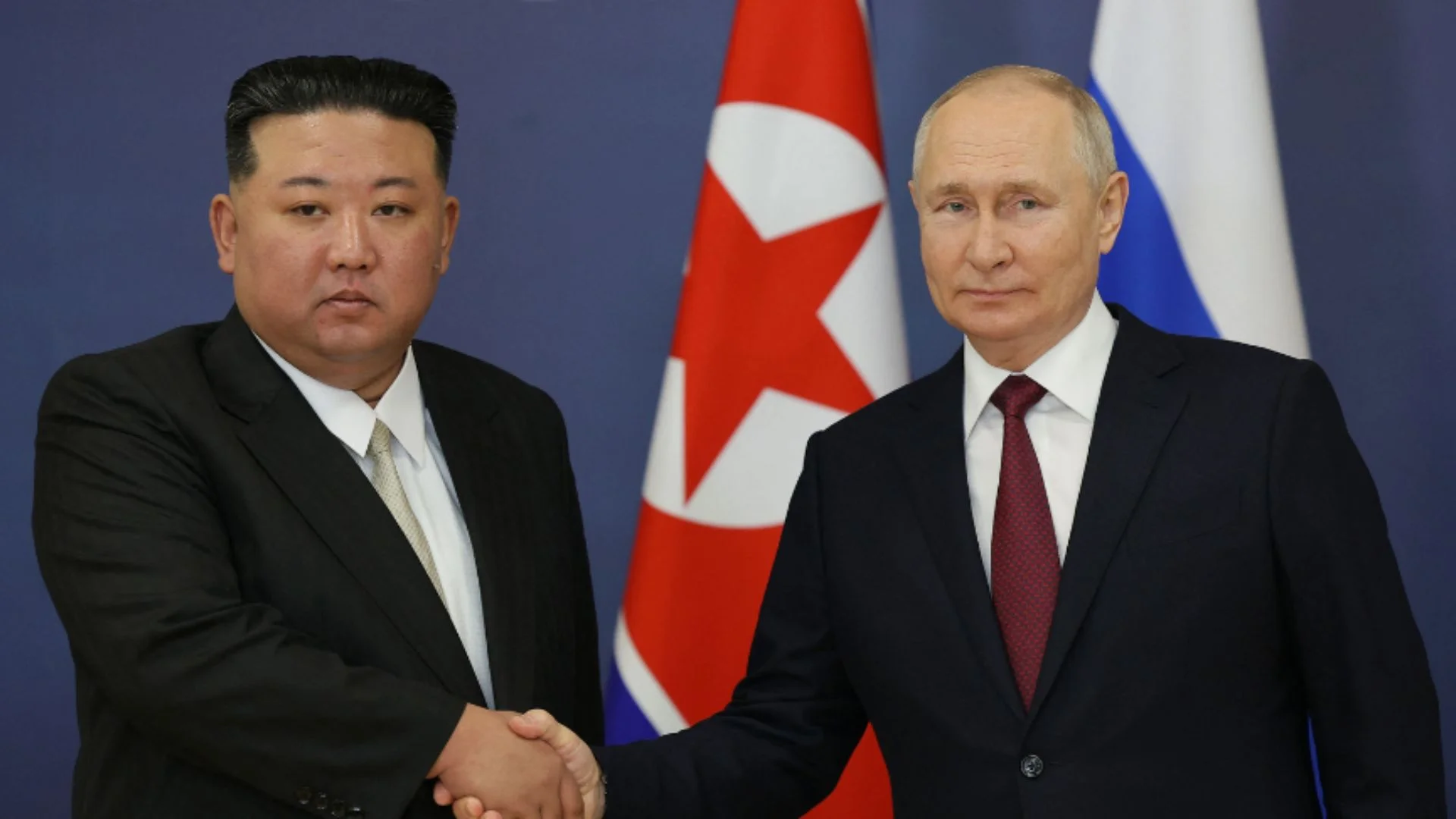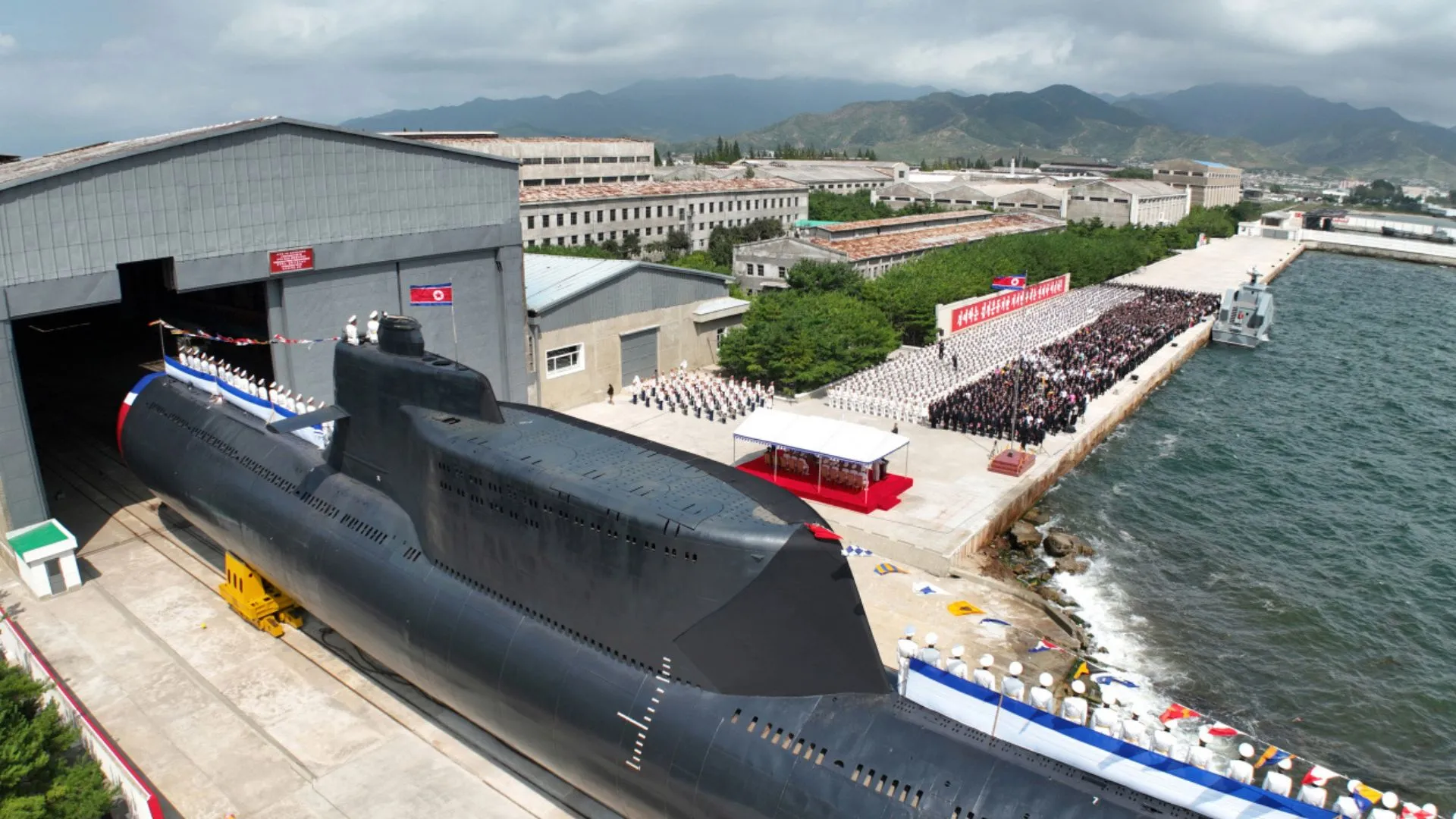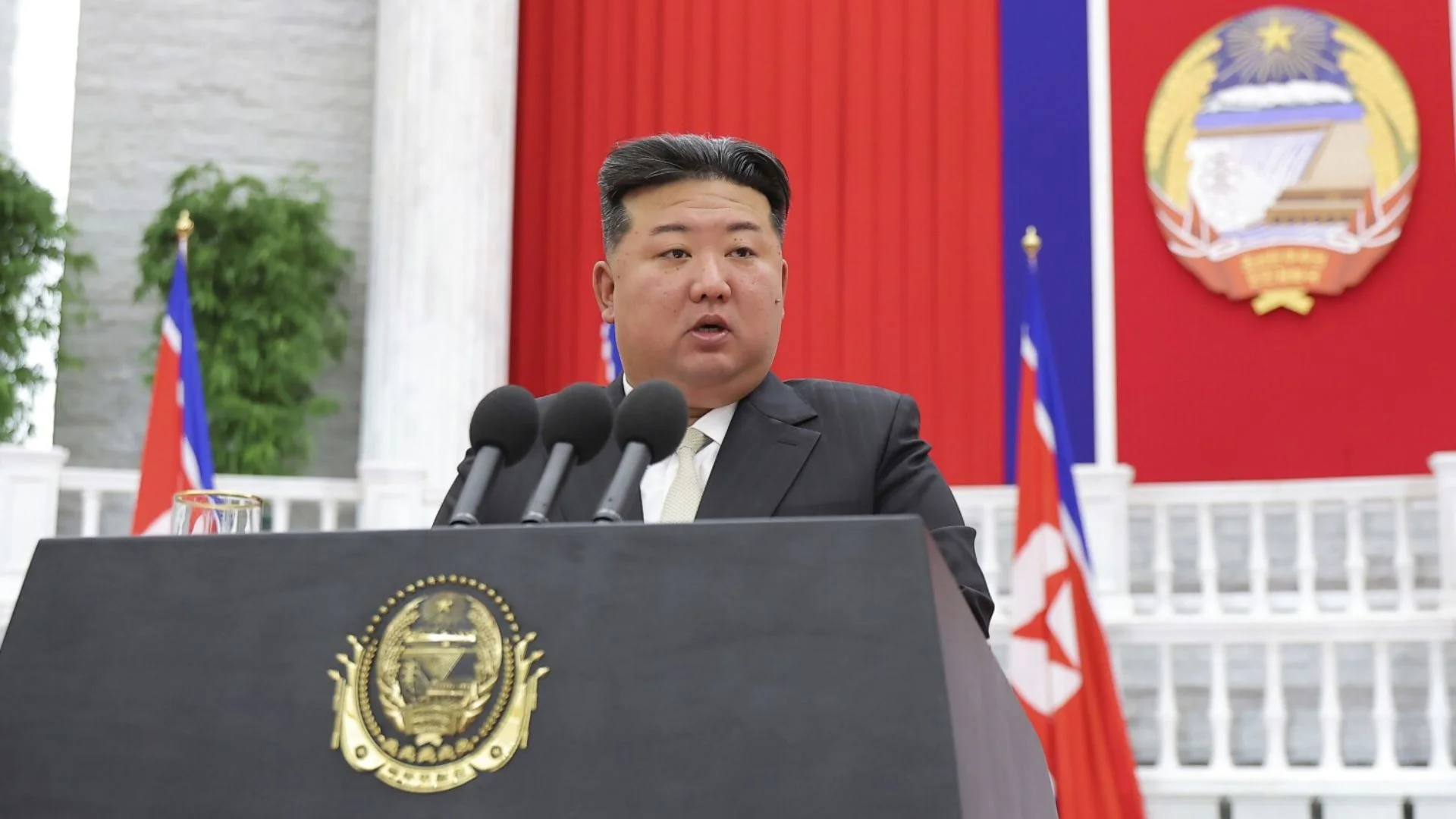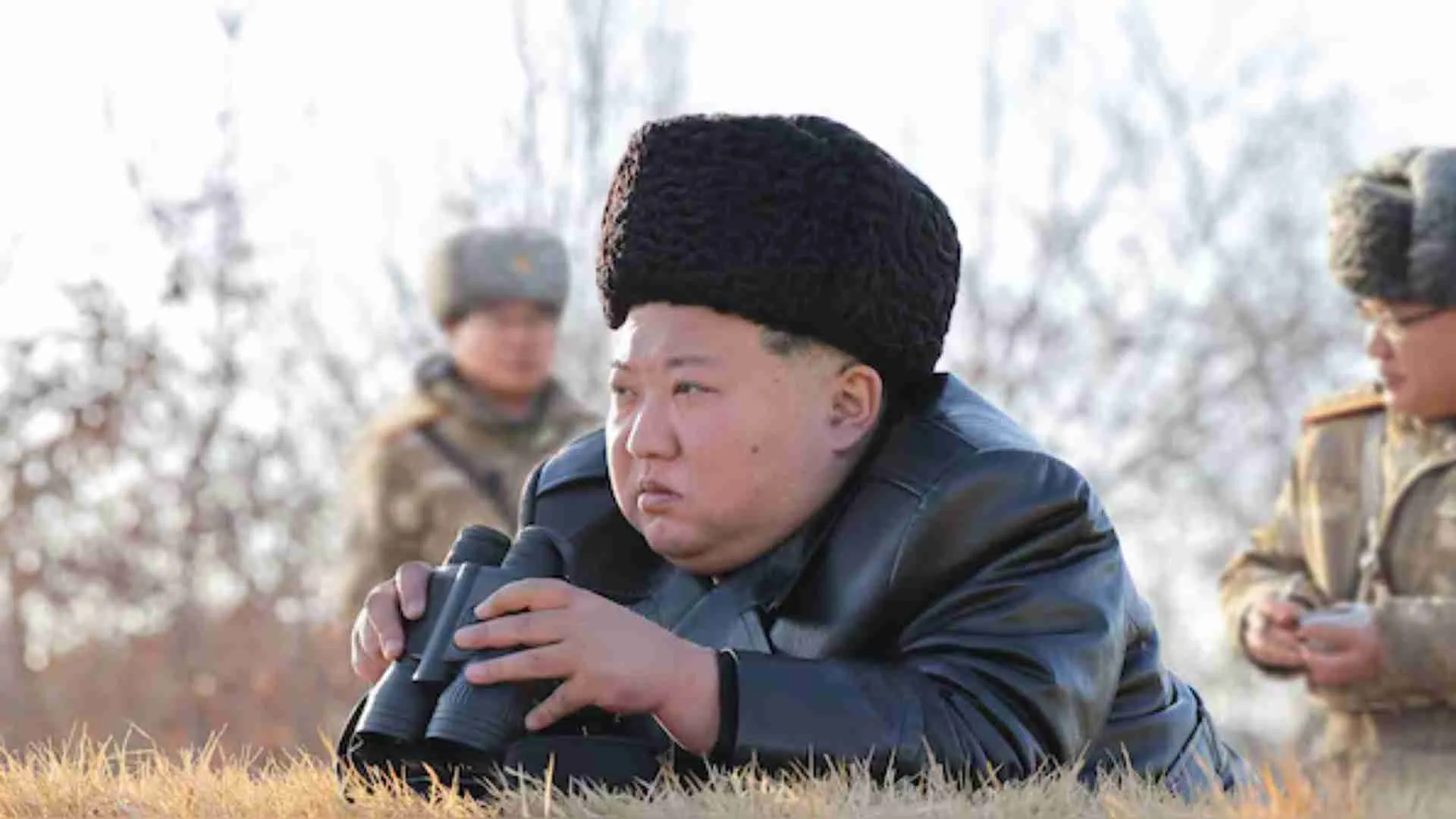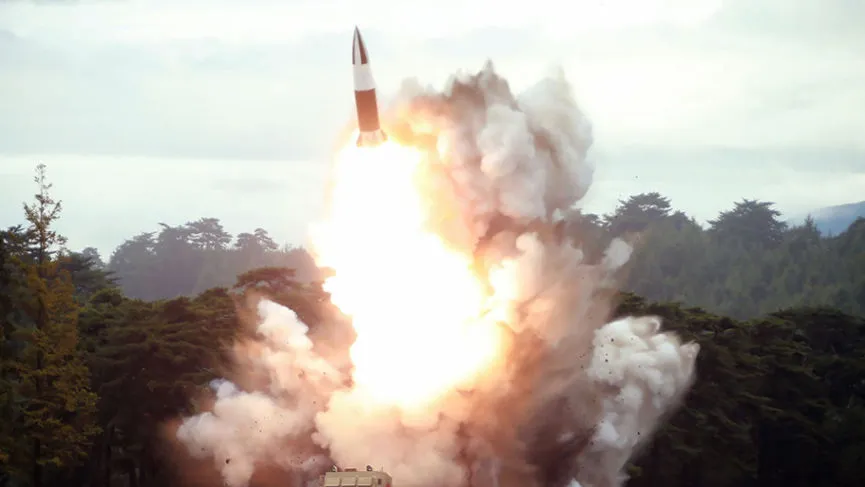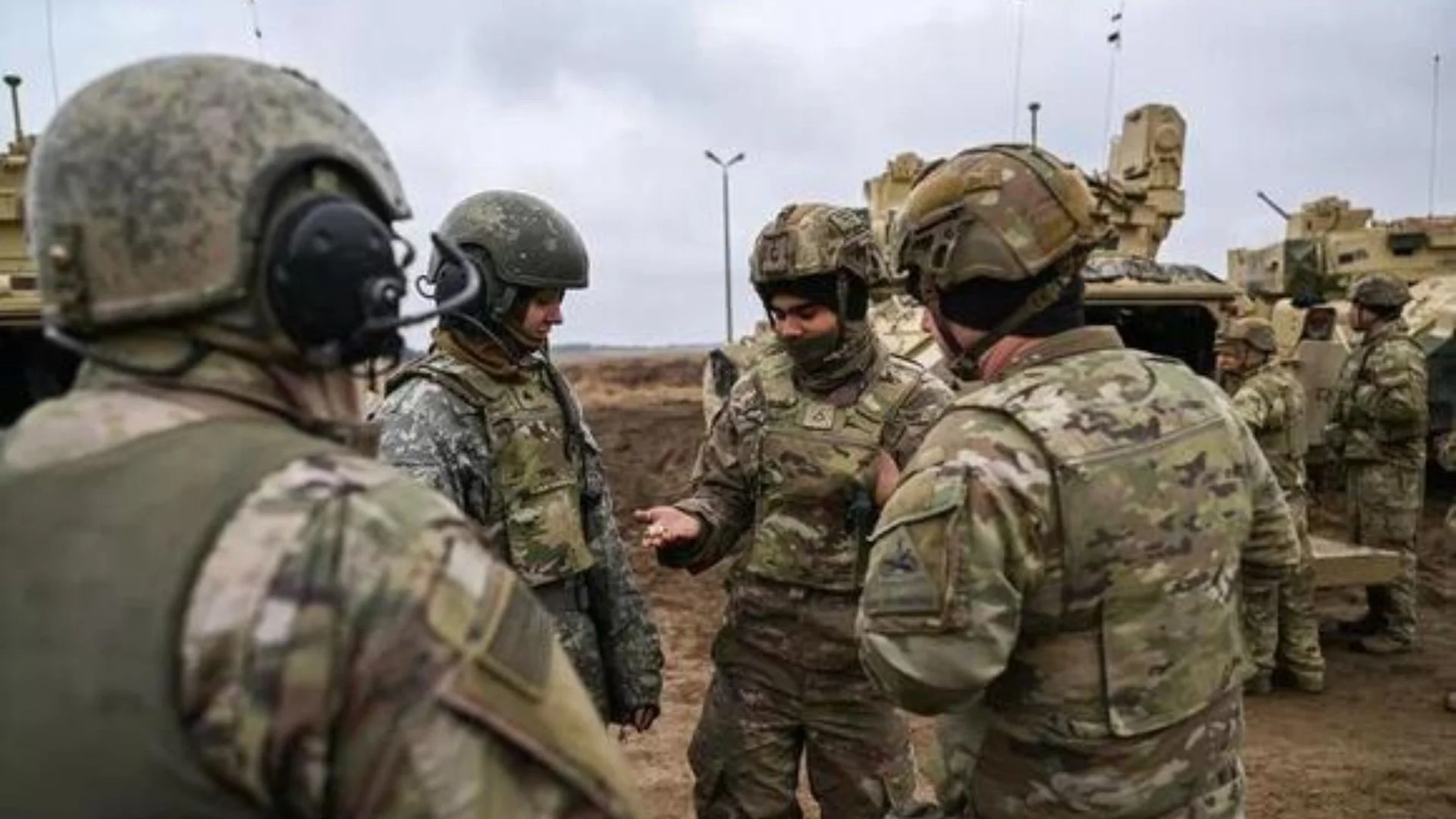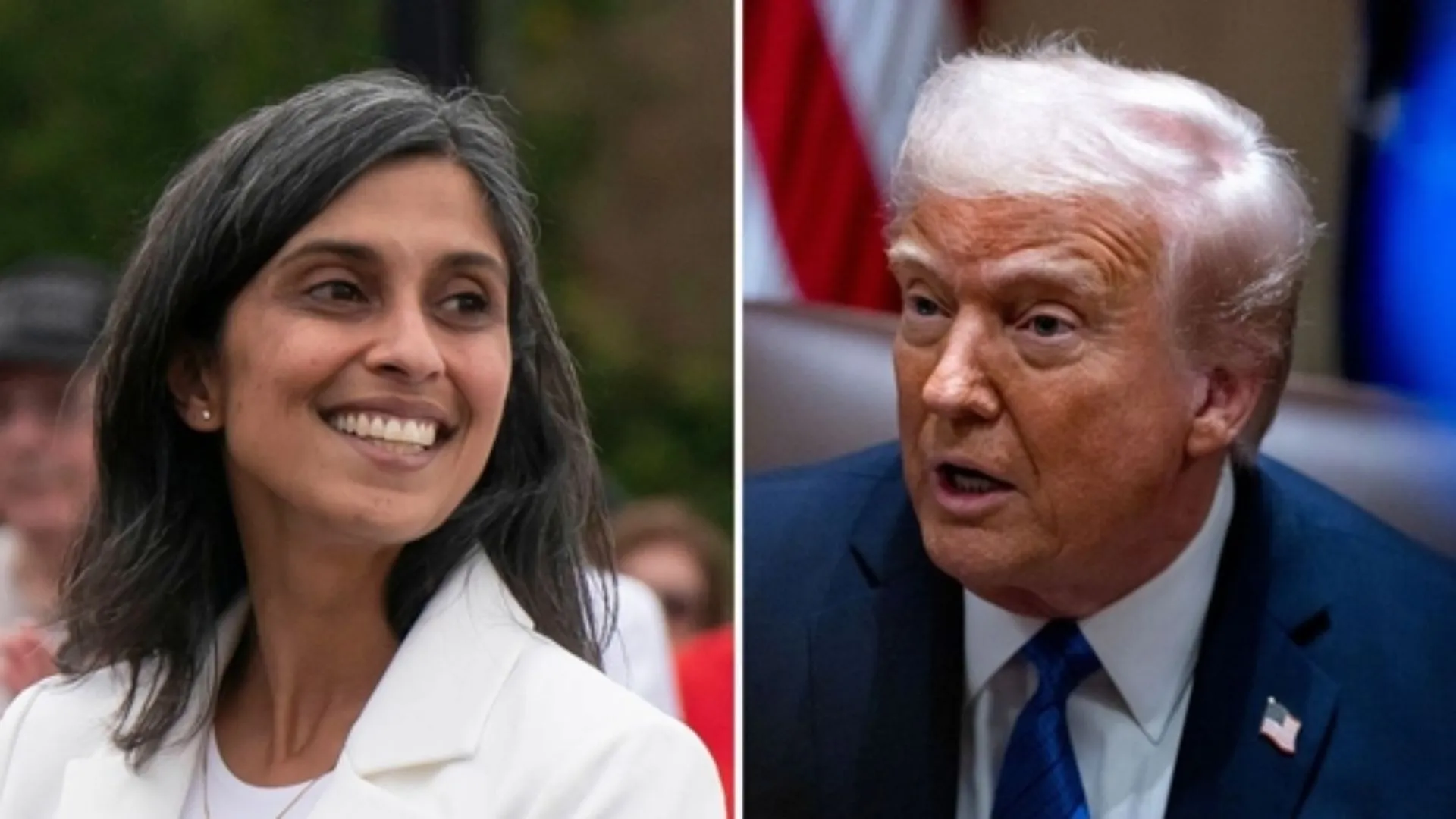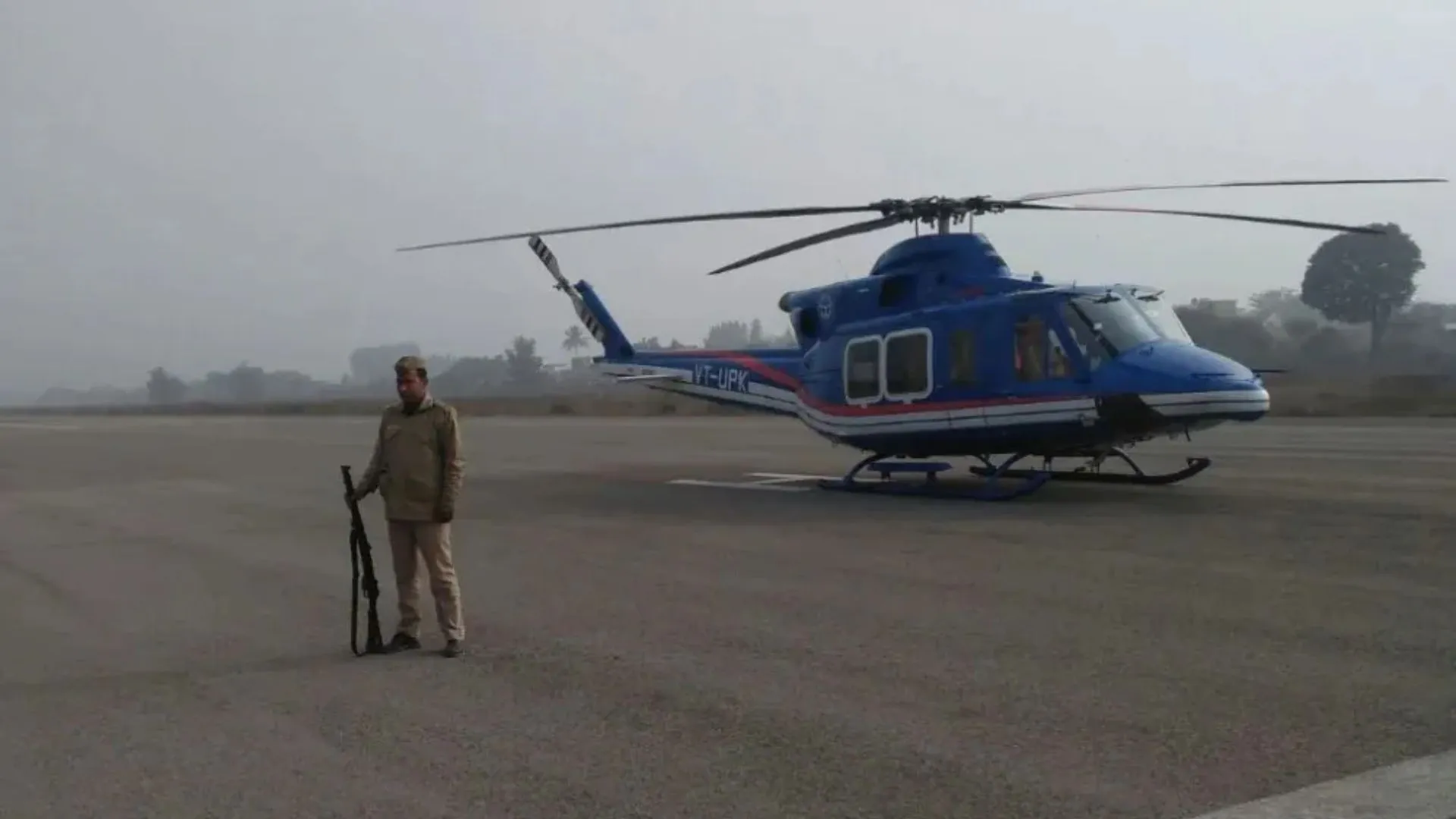The International Brotherhood of Teamsters, the second-largest labor union in the U.S., has decided not to endorse either Democratic candidate Kamala Harris or Republican incumbent Donald Trump ahead of the November presidential election. The union’s decision could influence the outcome, particularly in key swing states.
Who Are the Teamsters?
Formed in 1903, the Teamsters represent approximately 1.3 million members across a variety of industries, including transportation, agriculture, law enforcement, healthcare, and aviation. Historically a powerful force in American labor, the union accounts for about 10 percent of all unionized workers in the country. According to union data, a unionized private sector employee typically earns 38 percent more than their non-union counterparts and receives 54 percent more benefits.
Divided Opinion Among Teamsters
The decision not to endorse either candidate stems from a lack of consensus among members. Teamsters president Sean O’Brien said Wednesday that neither Harris nor Trump had made significant commitments to labor, prompting the union’s abstention from the endorsement. “There was no majority in favor of either candidate,” O’Brien noted.
Despite the national leadership’s neutral stance, several local Teamsters branches—particularly those in swing states like Nevada, Wisconsin, Michigan, and Pennsylvania—have broken ranks to back Harris. These states are expected to play a decisive role in the election due to the U.S. electoral college system.
Past Endorsements
The Teamsters have consistently supported Democratic presidential candidates since 2000, beginning with Al Gore. However, they backed Republican Ronald Reagan in 1984 and George H.W. Bush in 1988 before shifting to Democrat Bill Clinton in 1992. The union abstained in 1996 when Clinton faced off against Republican Bob Dole.
Impact on the Election
Labor experts suggest the union’s decision to withhold a national endorsement could hurt Harris by allowing Trump to claim a share of working-class support. Nelson Lichtenstein, a labor history specialist at the University of California, said the move represents a “setback” for Harris, as national union backing is crucial in mobilizing grassroots efforts.
Paul Clark, a professor of labor relations at Pennsylvania State University, noted that while the abstention may be disappointing for Harris, it is unlikely to be a game-changer. The backing from other major unions and support from local Teamsters chapters could still prove valuable.
“In the long run, local union endorsements could be more impactful,” Clark said, adding that they might help push Harris over the finish line in what is expected to be a closely contested election.


